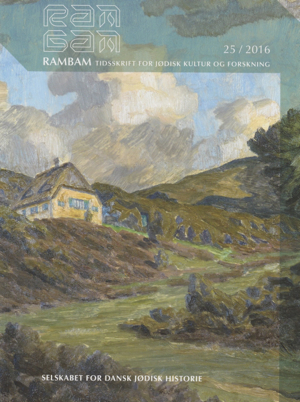Et broget, sammensat trossamfund - identitetsmæssige problemstillinger i det dansk-jødiske samfund 1943-48
Abstract
This study analyses aspects of Danish-Jewish identity in the context of the Occupation and Holocaust. Instead of the traditional focus of the Danish Jews as a collective in the narrative about ‘the rescue’ in October 1943, the paper examines how the exile in Sweden and deportation to Theresienstadt influenced the groups within the community. The article describes different perceptions of Jewish identity in the groups and their approach to countering anti-Semitism in the exile. At the return, the leadership made efforts to fit the Danish Jews into the national narrative about the resistance, but for some this meant that they could not achieve recognition for their situation. The deportees also experienced this in the context of the Holocaust, as Theresienstadt could not be compared to the extermination camps in Eastern Europe. The article points to the fact that a proportionally large number of members resigned from the Jewish organisation ‘Mosaisk Troessamfund’ after the war due to political disagreement with the strategy of the leadership, aspirations of further integration (due to marriage or fear), or financial considerations. The exile and deportation thus influenced the community in a variety of ways.





